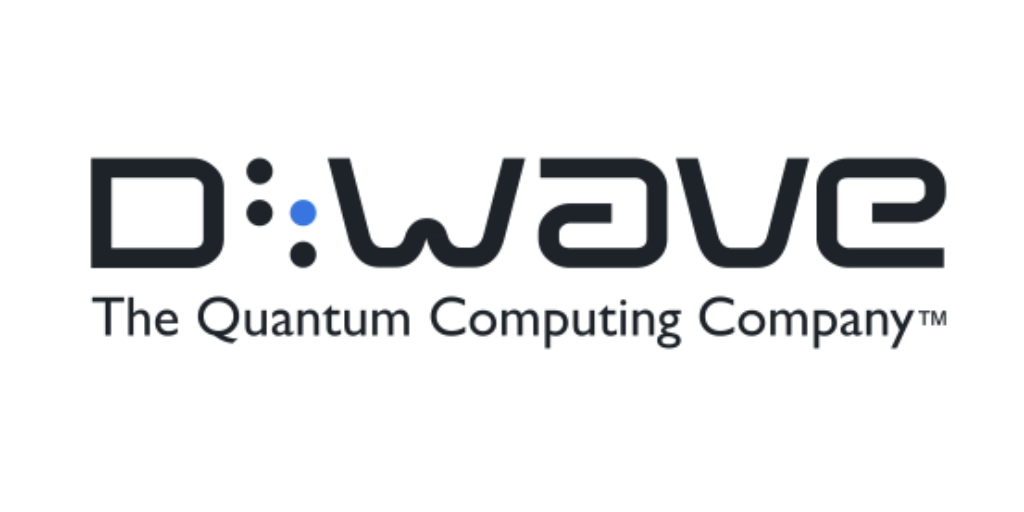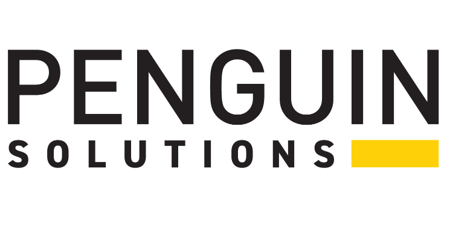PALO ALTO, Calif. – June 17, 2024 – D-Wave Quantum Inc. (NYSE: QBTS) announced today at its Qubits 2024 user conference the launch of a new hybrid quantum solver for nonlinear programs, designed to enable customers to confront problems of growing complexity, according to the company.
Available now through D-Wave’s Leap™ quantum cloud service, D-Wave believes the new solver will help customers solve complex optimization problems of increased scale, pushing past limits of previously available technologies.
The solver supports up to 2 million variables and constraints, with a tenfold increase in problem size capacity over other D-Wave solvers for certain applications, according to preliminary benchmarking studies. It is part of D-Wave’s expanding set of commercial quantum optimization offerings, supporting the company’s aggressive go-to-market (GTM) growth strategy announced earlier this year. Comprising a combination of hardware, software and professional services, D-Wave’s solutions are designed to dramatically boost time-to-solution for organizations looking to optimize operational processes and performance.
Real-world problems such as production scheduling have complex interactions between variables. D-Wave’s new solver excels at handling nonlinear relationships, where the effect of changes to variables on solution quality is complex, giving it an edge over solvers limited to linear relationships. Its user-friendly experience simplifies the translation of real-world problems into hybrid quantum problem-solving methods, and is exceptionally flexible, supporting a wide range of problems more accurately to deliver better results.
These problems include:
-
Optimized workforce scheduling for improved employee experience: Industries with large hourly workforces and/or 24/7 operations can implement more streamlined staffing processes, increase productivity, and reduce costs while ensuring compliance with labor laws and employee preferences.
-
Enhanced production scheduling to improve customer satisfaction: Manufacturers looking to minimize total completion time and maximize throughput can better meet customer demands by determining the best sequence of tasks in an assembly line — all while considering factors like machine availability, processing times, and due dates.
-
Efficient and more sustainable logistics routing: Commercial trucking fleets, promotional tour operators, and others seeking to minimize drive time, manage fuel consumption, and address carbon emissions can reduce costs and improve fleet utilization by optimizing routes. According to preliminary internal D-Wave benchmarking studies, the new hybrid quantum solver can find feasible routes for up to 10 times more cities than previous D-Wave solutions when used on a similar scenario — the Traveling Salesperson Problem — a classic example of a challenging combinatorial optimization problem.
Hybrid solvers have been shown to improve solutions to complex optimization problems by bringing together quantum and classical computing resources to explore vast solution spaces more adeptly, and pinpoint answers that are more difficult to calculate than using classical computing methods alone. Over the past year, D-Wave has seen customer use of its hybrid solver portfolio nearly double, which the company believes highlights the growing marketing demand for quantum optimization technology.
“We are confident that this solver will simplify and accelerate customers’ journey to successful quantum technology adoption, helping them more quickly drive return-on-investment, and gain a competitive edge,” said Dr. Alan Baratz, CEO of D-Wave. “Many organizations are recognizing that their most complex computational problems go well beyond the capabilities of existing solutions. They’re adopting hybrid quantum solutions to find better answers to transform operations faster and improve the bottom line.”
“From a logistics standpoint, so many elements go into making our experiences successful. We partnered with D-Wave to tackle the logistics for our large-scale tours and events in a whole new way,” said Jason Snyder, global chief technology officer at Momentum Worldwide. “It’s not just about doing things faster or cheaper, but also about being smarter and more sustainable in our approach. For our work, it has helped us make significant progress toward more sophisticated, efficient, and eco-friendly operation models.”




